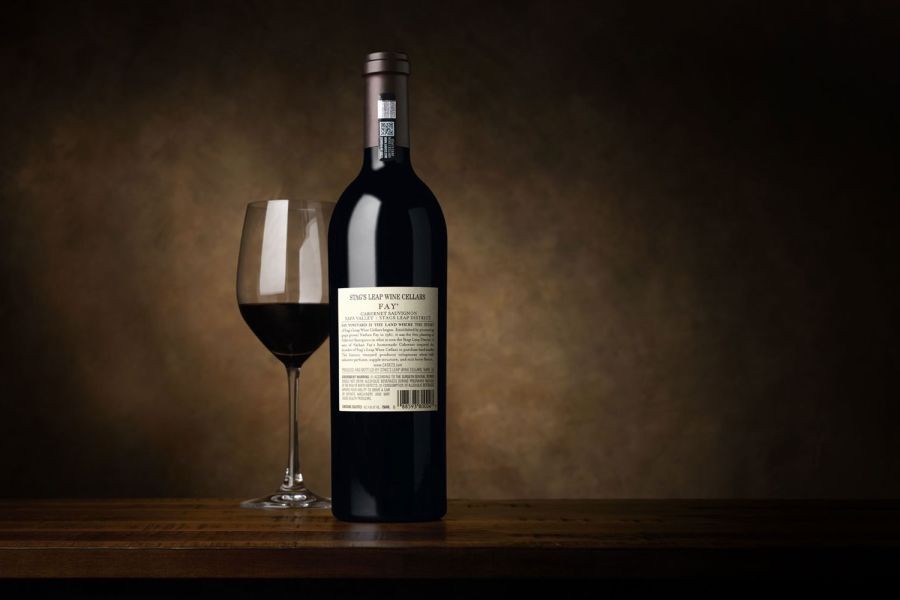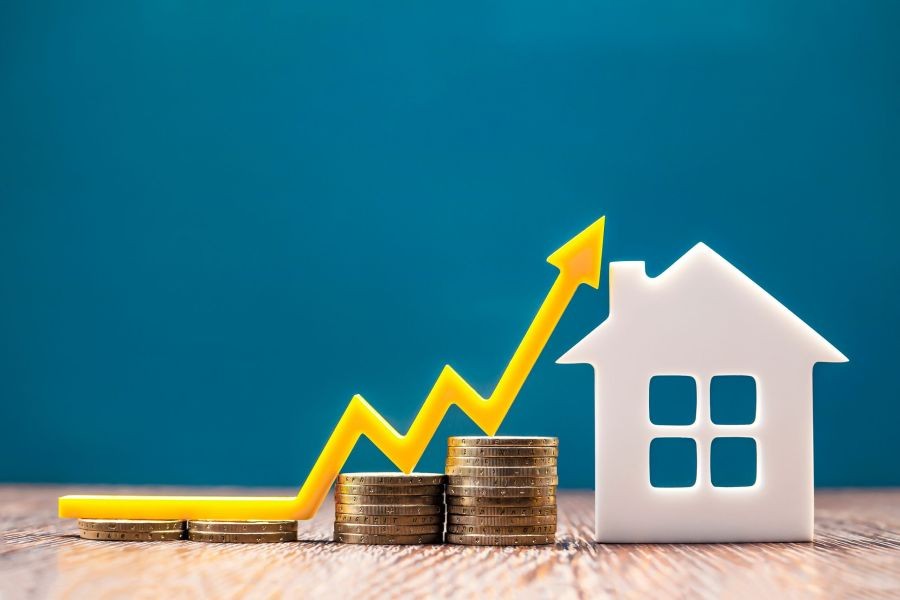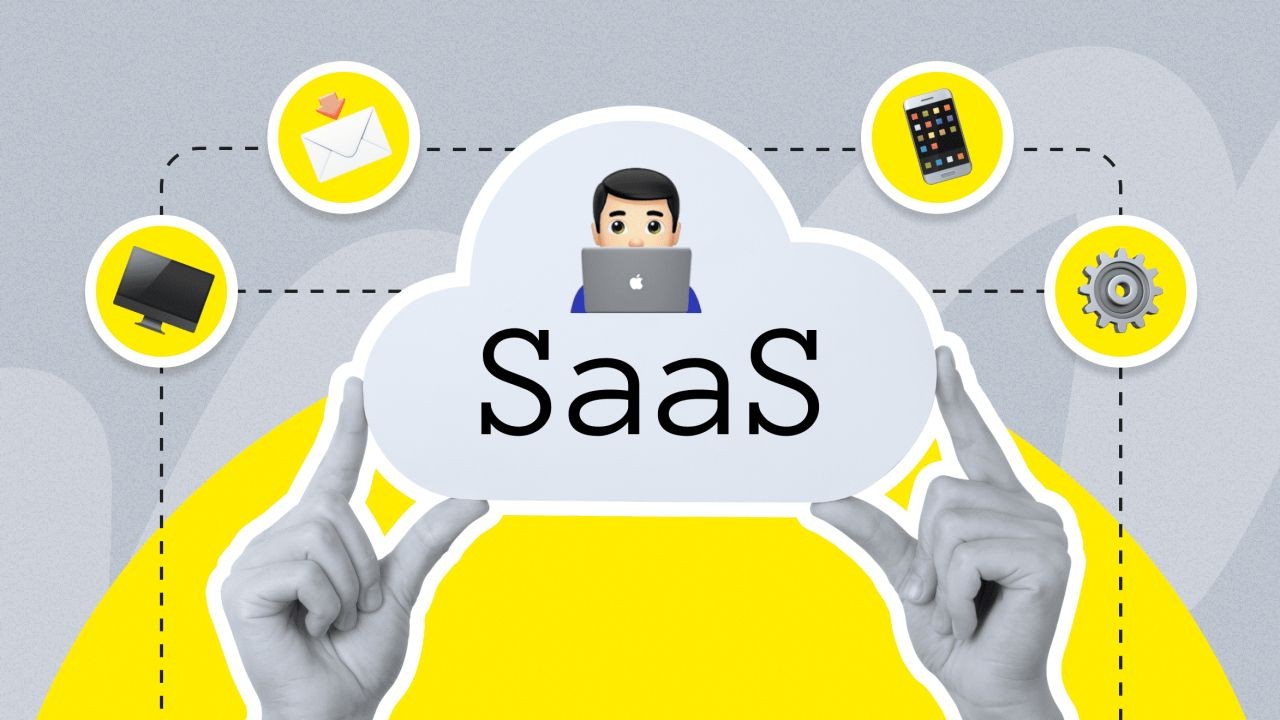Blockchain technology, a decentralized digital ledger system, has the potential to revolutionize the way we authenticate and price wine. As a wine-exporting giant, Australia is particularly poised to benefit from such a transformation. This article delves into how blockchain can impact wine authenticity and pricing, with a focus on the Australian context.
Why Blockchain Matters for Wine Authenticity
Wine fraud is a significant issue, costing the global industry billions each year. Blockchain offers a solution by providing an immutable record of a wine's journey from vineyard to consumer. This transparency not only ensures authenticity but also builds trust with consumers. According to the Australian Bureau of Statistics, Australia's wine exports were valued at AUD 2.94 billion in 2022, underscoring the economic importance of maintaining authenticity.
Case Study: Penfolds and Blockchain
Penfolds, one of Australia's leading wine producers, has embraced blockchain to verify the authenticity of its wines. By utilizing blockchain, Penfolds can track every bottle's journey, ensuring it reaches consumers without tampering. This approach has led to increased consumer confidence and potentially higher market prices.
Blockchain Impact on Wine Pricing
Blockchain's transparency can also influence pricing. By offering verifiable data on provenance, market prices can reflect the true value of a wine, considering factors such as rarity and vintage quality. This is especially relevant in Australia, where boutique wineries often struggle to command prices that reflect their quality due to market saturation.
Pros and Cons of Blockchain in the Wine Industry
Pros:
- Enhanced Trust: Immutable records build consumer trust.
- Market Differentiation: Distinguishes genuine products from counterfeits.
- Efficient Supply Chain: Streamlines operations with real-time data.
Cons:
- High Initial Costs: Implementing blockchain can be expensive for small wineries.
- Complex Technology: Requires a learning curve for stakeholders.
- Privacy Concerns: Open ledgers may expose sensitive business information.
Myths vs. Reality
Myth: Blockchain is Only for Cryptocurrencies
Reality: Beyond cryptocurrencies, blockchain's ledger system is versatile, serving industries from wine to finance, providing transparency and traceability.
Myth: Blockchain Implementation is Too Costly for Small Wineries
Reality: While initial costs exist, the long-term benefits, including reduced fraud and increased consumer trust, can outweigh the expenses.
Myth: Blockchain Data Can Be Altered
Reality: Blockchain's design is inherently secure, preventing unauthorized changes once data is recorded.
Future Trends and Predictions
By 2030, it's predicted that over 50% of Australian wineries will adopt blockchain to ensure authenticity. As consumers demand greater transparency, blockchain could become an industry standard, influencing both domestic and international markets. The Reserve Bank of Australia notes that digital innovations like blockchain could significantly impact trade efficiencies, further boosting Australia's wine export capabilities.
Conclusion
Blockchain technology presents a paradigm shift in the wine industry, promising enhanced authenticity and fairer pricing. As Australia continues to be a significant player in global wine exports, embracing blockchain could provide a competitive edge. For stakeholders in the Australian wine industry, the time is ripe to explore blockchain's potential, ensuring both market integrity and growth.
People Also Ask (FAQ)
- How does blockchain impact wine authenticity? Blockchain provides an immutable ledger, ensuring the wine's origin and journey are verifiable, reducing fraud.
- What's a common misconception about blockchain in wine? Many believe blockchain is costly, but its long-term benefits in reducing fraud and increasing trust can outweigh initial expenses.
- Who benefits most from blockchain in the wine industry? Producers and consumers both benefit, with producers enhancing brand trust and consumers assured of product authenticity.
Related Search Queries
- Blockchain in the wine industry
- Wine authenticity verification
- Australian wine exports 2023
- Penfolds blockchain case study
- How blockchain affects wine pricing
- Future of blockchain in wine
- Wine fraud prevention technology
- Blockchain technology in agriculture
- Australian wine industry trends
- Wine supply chain innovations
As blockchain continues to evolve, its role in enhancing wine authenticity and pricing will become even more pronounced. For Australian wine producers and exporters, this technology not only offers a means to protect their brand but also a way to capture new markets with confidence. What are your thoughts on blockchain's impact on the wine industry? Share your insights below!

































hugoweiner007
7 months ago